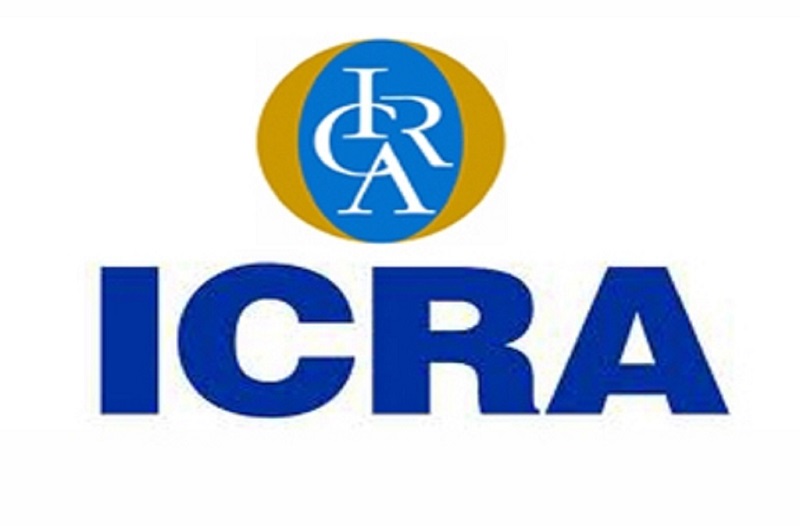
Automobile dealerships across the country continue to face tough times. As if the demand slowdown due to macroeconomic challenges were not enough, the Covid-19 related stress has dealt one more severe blow. As per ICRA, automobile dealership is among the worst impacted segments within the entire automotive value chain. After witnessing a sharp 75%-90% decline during Q1 FY2021 across the automotive sub-segments, wholesale dispatches are on recovery trend with certain segments like two-wheelers (2W) and passenger vehicles (PV) registering Y-o-Y growth in the wholesale volume during Sep-2020. However, retail demand continues to remain weak, indicating wholesale dispatches is resulting in inventory build-up at dealerships.
Giving further insights, Mr. Ashish Modani, Vice President & Co-Head, ICRA says, “We surveyed 19 dealerships, across the PV, 2W and the CV segments with presence in the rural, semi-urban and the metro areas. Overall the response indicates that sentiments remain cautiously optimistic with most dealerships expecting flattish to moderate growth trend in the upcoming festive season. Most players (58%) are expecting a flattish (±5% Y-o-Y) performance during this period and none of the participants projected over 10% growth during the season. Amongst all dealerships, the CV dealers continue to witness pressure whereas there is a certain level of optimism amongst the PV dealers.”
Amongst ICRA’s other key findings, nearly 53% participants highlighted that conversion has improved, as only serious buyers are stepping out during the Covid-19 period. However, financing continues to remain a concern for the industry, as lenders are becoming increasingly stringent while sanctioning which will be a drag on the overall volume growth. Almost 74% believe that wholesale funding (inventory funding) from banks/NBFCs has tightened whereas 58% of the participants have witnessed an increase in the turnaround time for retail funding. Moreover, 26% felt that the rejection rate had increased for retail financing, which is a concern area. Further, almost 63% of the participants have highlighted that the OEMs have not provided any material financial support and gross margin has largely remained at a similar level.
Auto dealerships are witnessing increased inventory levels, this trend, is reflected from much higher wholesale dispatches than retail volume. The survey highlighted an increase in inventory levels with 47% of the dealerships having four to seven weeks of inventory level compared to three to four weeks of normal inventory, indicating inventory stocking ahead of the festive season.
Regarding automobile retail demand, the same has come under pressure over the last several quarters due to the confluence of multiple factors like liquidity crunch and tighter financing environment, and the overall slowdown in economic activity, which negatively impacted consumer sentiments. Moreover, vehicle prices and cost of ownership also increased in the recent period due to regulatory changes (safety, emission, insurance) and fuel prices. Real income growth has been modest in the recent period, which directly impacts large discretionary purchases like car, real-estate amongst others. ICRA’s survey also highlights that industry participants are not expecting any significant recovery in retail demand in the upcoming festive season.
ICRA mentions that while dealerships have undertaken various cost control measures, including rationalisation of sales outlets, workforce and other fixed overheads, the profitability of automobile dealerships is expected to be at a multi-year low in FY2021, because of a sharp decline in volumes. Inventory levels have declined from the highs of Q4FY2019, but it seems to be on a rising trajectory again. Most automobile dealerships have availed of moratoriums on bank borrowings, and their liquidity position will come under further stress because of the repayment burden, post moratorium. The credit profile of automotive dealerships remains vulnerable in the near term with possible closure/defaults imminent by a few leveraged dealerships.
Adds Mr. Modani, “The overall credit stress is likely to remain high in the sector – given muted volumes, high fixed overheads, rising inventory levels; and decline in profitability. A few dealerships may likely also witness closure. ICRA has a ‘Negative’ credit outlook on the automobile dealership industry as downgrades exceed upgrades. Further, the liquidity position of most dealerships was already under severe stress, and losses during Q1 FY2021 have further compounded their woes. The ratings agency expects liquidity position of industry participants to remain under pressure over the next two to three quarters.”